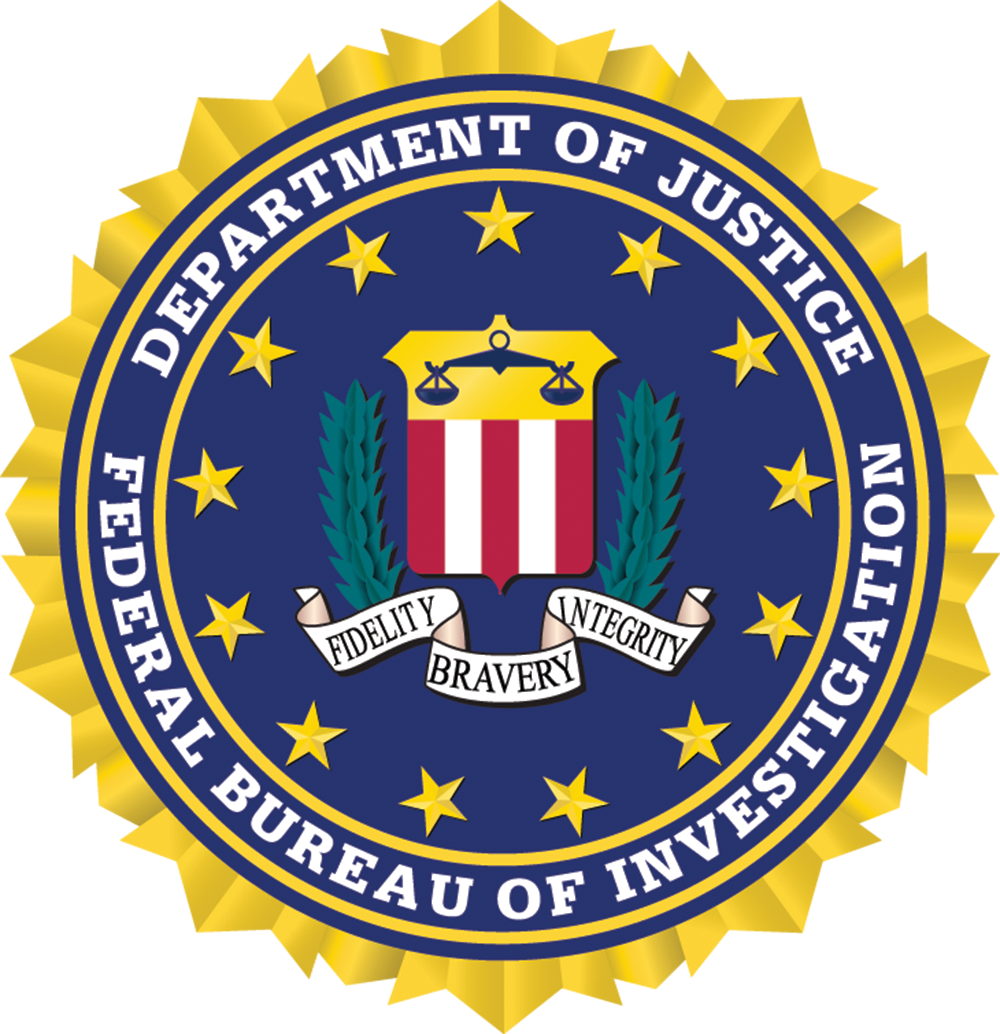Maxim Marchenko, a 51-year-old Russian citizen residing in Hong Kong, has been charged with multiple offenses related to a scheme involving the unlawful procurement of U.S.-sourced, dual-use microelectronics with military applications on behalf of end users in Russia. The charges include conspiracy to defraud the United States, smuggling, wire fraud, and money laundering.
Marchenko is accused of operating a network of shell companies to facilitate the smuggling of U.S. technology with military applications to Russia, in violation of U.S. law. This scheme involved the fraudulent acquisition of large quantities of dual-use microelectronics, including OLED micro-displays, from U.S. distributors on behalf of Russian end users. The technology obtained through this scheme has significant military applications, such as in rifle scopes, night-vision goggles, thermal optics, and weapon systems.
To carry out the scheme, Marchenko and his co-conspirators used deceptive means, including shell companies based in Hong Kong, to conceal the true destination of the OLED micro-displays, which was Russia, from U.S. distributors. They also transshipped the illicitly procured technology through third countries and used Hong Kong-based shell companies to hide the source of payments, which were coming from Russia.
Marchenko faces several charges, including conspiracy to defraud the United States, conspiracy to commit money laundering, conspiracy to smuggle goods from the United States, money laundering, smuggling goods from the United States, conspiracy to commit wire fraud, and wire fraud. If convicted, he could face significant prison sentences.
The case is being investigated by the FBI and the Commerce Department’s Bureau of Industry and Security, with assistance from various agencies, including the FBI Legal Attaché in Australia and the U.S. Department of State’s Diplomatic Security Service. The Southern District of New York is prosecuting the case, with support from the National Security Division’s Counterintelligence and Export Control Section.
These charges are part of ongoing efforts by the U.S. government to combat illegal technology transfers and prevent critical technology from falling into the hands of authoritarian regimes and hostile nations.
By FCCT Editorial Team freeslots dinogame telegram营销




